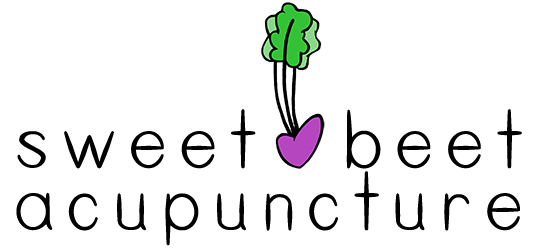I recently did my first Whole30, which is eating strict paleo for 30 days - no dairy, no sugar, no grains or legumes, no alcohol. The focus is on whole, minimally processed foods, avoiding preservatives, additives, artificial colors and processed foods.
I found it to be a great experience to reset ingrained habits, take a hard look at everything I was eating, and to get creative in the kitchen. If you're thinking about trying a Whole30 yourself, I say GO FOR IT! You can read about all the rules of the program on their website.
I'm not an affiliate or anything, in fact, there's no membership, meetings, or club to join. Just read about the program rules and eat that way for 30 days, that's it. There are Whole30 approved brands, recipes, meal plans, and books that you can use if you wish, but you don't have to use any of those to do Whole30 all on your own.
Read More









